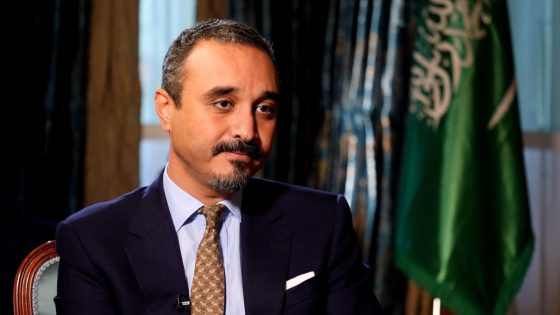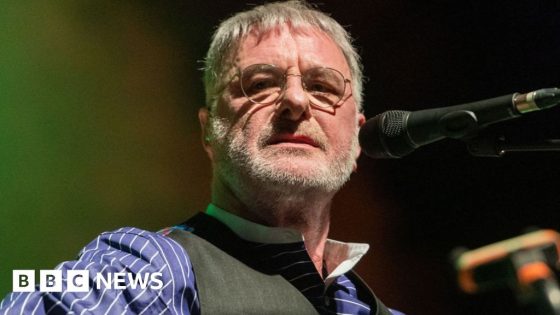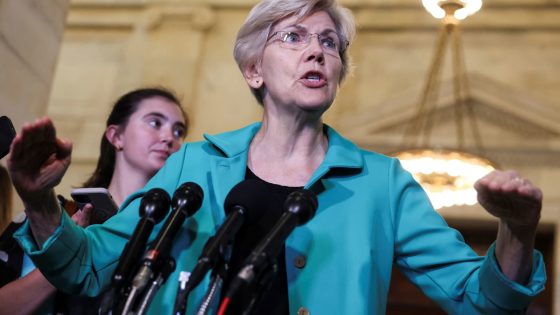The Middle East is the closest it has been to regional war in 50 years, Saudi Arabia’s ambassador to the UK has warned.
Prince Khalid bin Bandar al Saud told Sky News’s The World with Yalda Hakim that the situation on the ground is only getting worse and it is time to put in “renewed efforts” to stop fighting in places like Gaza.
“I’d like to say I was optimistic, but it is difficult to see where that optimism would come from,” he said, when asked his reaction to the conflict.
“The situation on the ground is getting worse and worse… I think this is the closest we’ve been to a regional war since 1973.”
Mr al Saud said it is down to both the Israelis and Palestinians to do all they can to prevent further escalation.
“The Israeli-Palestinian problem affects people all around the world in a way that very few conflicts have. You see in protests [around the world], everyone is affected and motivated by what is happening on the ground.
“So Israelis and Palestinians have a responsibility – whether they like it or not – to the world.
“A conflict that spreads beyond where it is, spreads to the region. If it spreads to the region, it spreads to the world, and that’s not a scenario that anybody wants to see.
“It is time we put renewed efforts in to stop the fighting… we need more of the international community to push harder,” he said.
‘Warning shots’
His caution comes after Israel’s defence minister announced a “new phase” of the war with troops moving up to the country’s northern border, where it has exchanged cross-border fire with Hezbollah for months.
Over the past two days, dozens of members of the Lebanese militant group have been killed after electronic devices – pagers and hand-held radios – exploded.
Despite Israel not yet confirming or denying its involvement in the attacks, many – including the UN secretary general – speculate this could prelude a more serious attack.
Another of those is former senior Israeli intelligence official, Dr Eyal Pinko, who told The World with Yalda Hakim that the explosive pagers and radios were a “warning shot”.
He said the blasts were a “very successful tactical move”, although he claimed he did not know if Israel was responsible.
“The way this operation was done – if it was by Israel or not – it’s a way of saying or signalling ‘let’s stop here… we can penetrate you… and let’s stop here’,” he added, claiming Israel did not want any further escalation.
A total of 32 people were killed in the two communication device explosions. Hezbollah has vowed to retaliate against Israel.
US Secretary of State Antony Blinken said on Wednesday that the US is still assessing how the attacks in Lebanon could affect efforts to negotiate a ceasefire in the Israel-Hamas war.
Source Agencies








